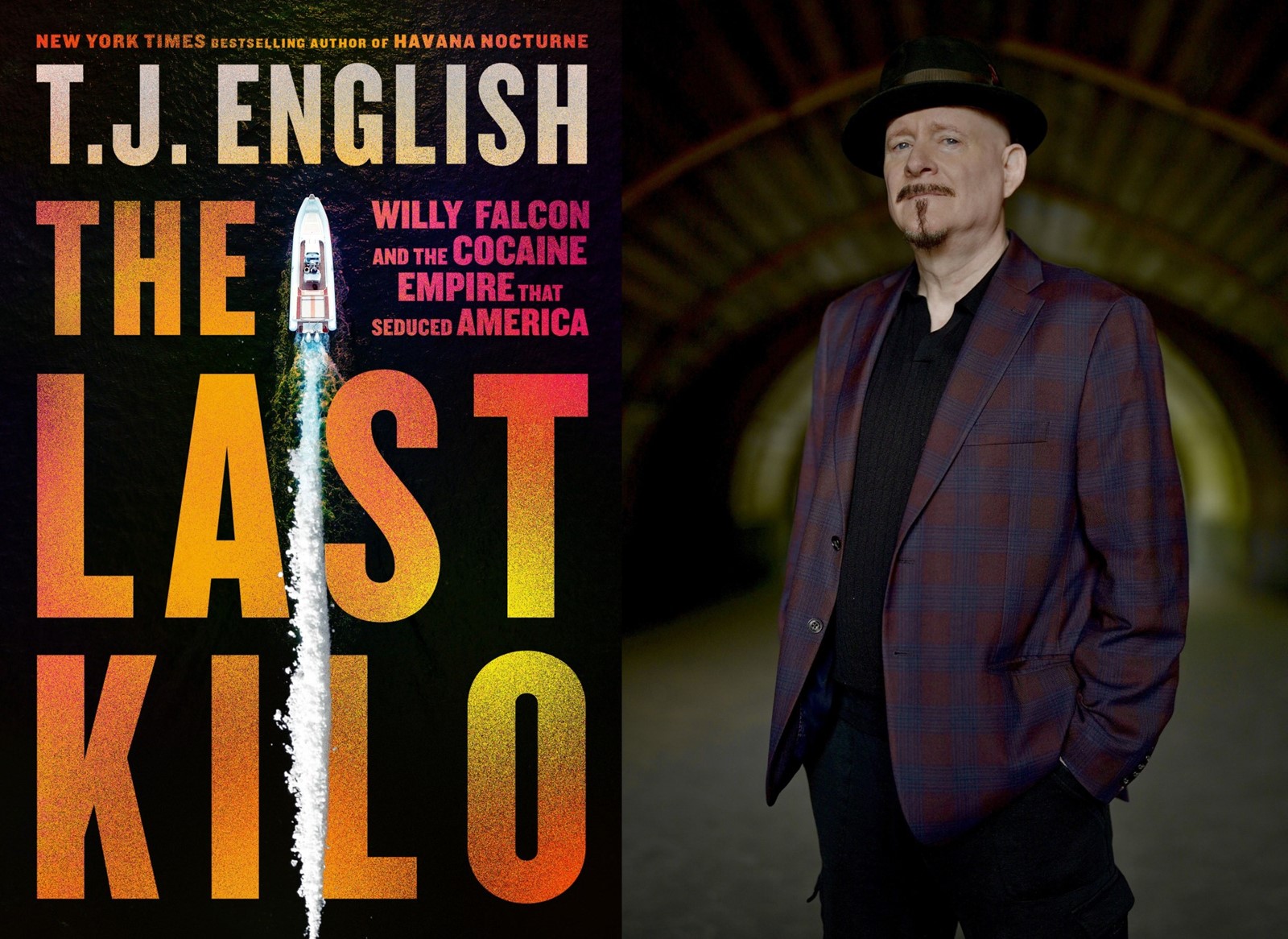
Willy Falcon and Sal Magluta grew up in Florida after their families fled Fidel Castro’s communist regime in Cuba. The two friends then built one of America’s biggest cocaine empires, importing and distributing endless mountains of the drug from the late 1970s, raking in riches as the nation grew increasingly hooked on it. Magluta is in prison for life but Falcon was released and deported in 2017 and now lives in an undisclosed country.
T.J. English found Falcon and did extensive interviews with him as well as numerous compatriots and the law enforcement officials who chased and caught the trafficker.
English’s new book, “The Last Kilo: Willy Falcon and the Cocaine Empire That Seduced America,” tells Falcon’s story and captures his operations and partying lifestyle in detail.
This interview has been edited for length and clarity.
Q Falcon and Magluta got into dealing cocaine via anti-Castro exiles in Florida. Did they consider the morality of selling drugs to their fellow Cubans and other Latinos as a way to support the cause?
A In the late ‘70s, cocaine had not washed over the culture yet, it had not been demonized. It was basically a recreational drug for rich people — Hollywood people, rock stars, professional athletes. Nobody thought, ‘I’m dealing drugs that are killing people.’
And morality tends to be subjective. And we look at that situation and think they were engaged in immoral activity. They didn’t think of it that way. The anti-Castro movement was, to them, a holy crusade and totally justified. So Willy was down for everything they could come up with, even if it involved illegal activity. That’s the nature of an underground movement — it involves smuggling weapons, explosives — it involves all kinds of illegal activity. So bringing in cocaine and selling it to raise money was just a new wrinkle. It probably seemed ingenious.
Q They soon became standard profit-seeking drug kingpins who, during the Reagan and Bush era, were portrayed as evil. Drug czar William Bennett said he could argue that it was morally plausible to behead drug kingpins. What impact did that attitude have on the escalating cocaine and crack addiction crises?
A This was important to me in many ways. This is my book on the War on Drugs. I always felt that the attitudes of political leaders, and the amount of money and attention that was lavished on the War on Drugs was a misguided policy, and it’s still playing out. Once you declare something a war it dictates policies and operations and the use of law enforcement. The military was used in the War on Drugs in a way that it had never been used before against US citizens.
It established a mandate that drove the government’s approach to narcotics that I think really drove things off the rails. This was even more dramatic than the way illegal booze was addressed during the years of prohibition.
And they kept doubling down, asking for more money, pressuring to pass new laws like mandatory sentencing laws and putting pressure on the media. So cocaine becomes the devil, it becomes like Communism, the biggest possible threat. You’re not only going against your country, you’re going against God. This was unprecedented.
I think it drove the narcos to believe that they were caught up in an existential threat to their being and so it escalated the tension and the violence.
We just keep making the same mistakes over and over again and cocaine is still flowing into the United States. It’s insane.


 PREVIOUS ARTICLE
PREVIOUS ARTICLE
